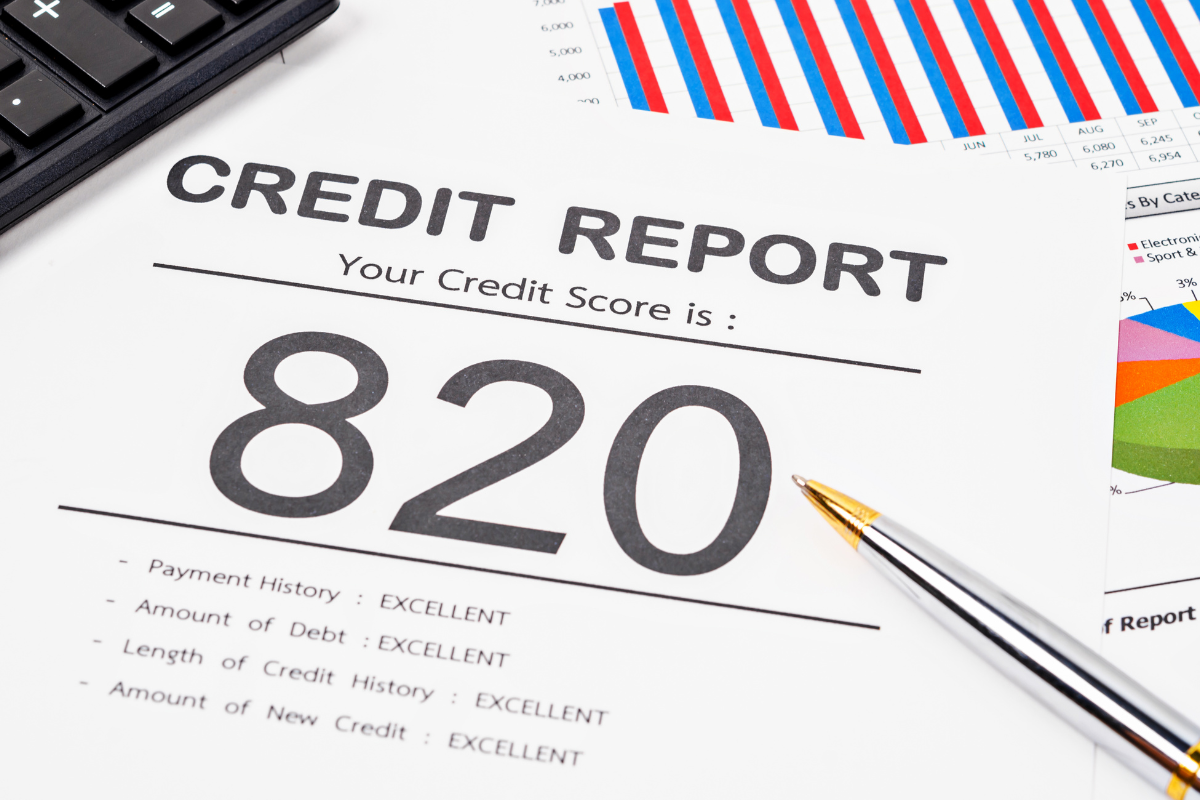Your credit score and history play a prominent role in determining your eligibility for a mortgage. As such, it’s vital you recognize the value of having strong credit when buying a home.
When you build and maintain strong credit, mortgage lenders have greater confidence when qualifying you for a mortgage because they see that you’ve paid back your loans as agreed and used your credit wisely. Strong credit also means your lender is more apt to approve you for a mortgage that has more favorable terms and a lower interest rate.
Many people use the terms credit score and credit report interchangeably, but they’re not the same. Your credit score estimates your creditworthiness with a single numerical value. Your credit report shows more specific information related to your credit accounts — including your payment history — to show how well you repay your debt and manage your credit. Let us help you understand each a bit better.
Your credit report
This is a record of the money you’ve borrowed, your history of paying it back, and how much open credit is available to you. Lenders rely heavily on this information as it signifies your creditworthiness and the likelihood that you’ll repay your mortgage.
- A list of debts and a history of how you’ve paid them, including credit cards, car loans, and student loans.
- Any bills referred to a collection agency, such as utility or medical bills that you did not pay or paid significantly late.
- Public-record information, such as tax liens and bankruptcies may be linked to you.
- Inquiries made about your creditworthiness, showing how many inquiries were made about your credit and if you were given credit based on the inquiry.
You have a right to review your credit report and it’s recommended to do so before applying for a mortgage in case there are inaccuracies you need to correct.
Under federal law, you’re entitled to get a free copy of your credit report from each of the three nationwide credit reporting companies every 12 months.
Your credit score
This helps lenders decide how likely you are to repay your debts and plays a significant role when securing a mortgage. Scores range from 300 – 850 points and are based on:
- Your payment history and ability to repay your debts on time. Late payments will lower your credit score.
- The amount of total debt you owe, including credit cards, student loans, and car loans. If your credit cards are at their limits, this can lower your credit score – even if the amount you owe isn’t large.
- How long you’ve used credit and how you’ve managed it. If you show a pattern of managing your credit wisely, keeping credit card balances low, and paying your bills on time, your credit score will be positively affected.
- How often do you apply for new credit and take on new debt. If you’ve applied for several credit cards at the same time, your credit score can go down.
- The types of credit you currently use, including credit cards, retail accounts, installment loans, finance company accounts, and mortgages.
By understanding your credit and the credit evaluation systems, you’ll be on the right path to realizing your goals. Remember that your credit score and history changes over time, so you’ll need to check on it regularly and continuously work to keep it strong.
Source: myhome.freddiemac.com ~ Image: Canva Pro

